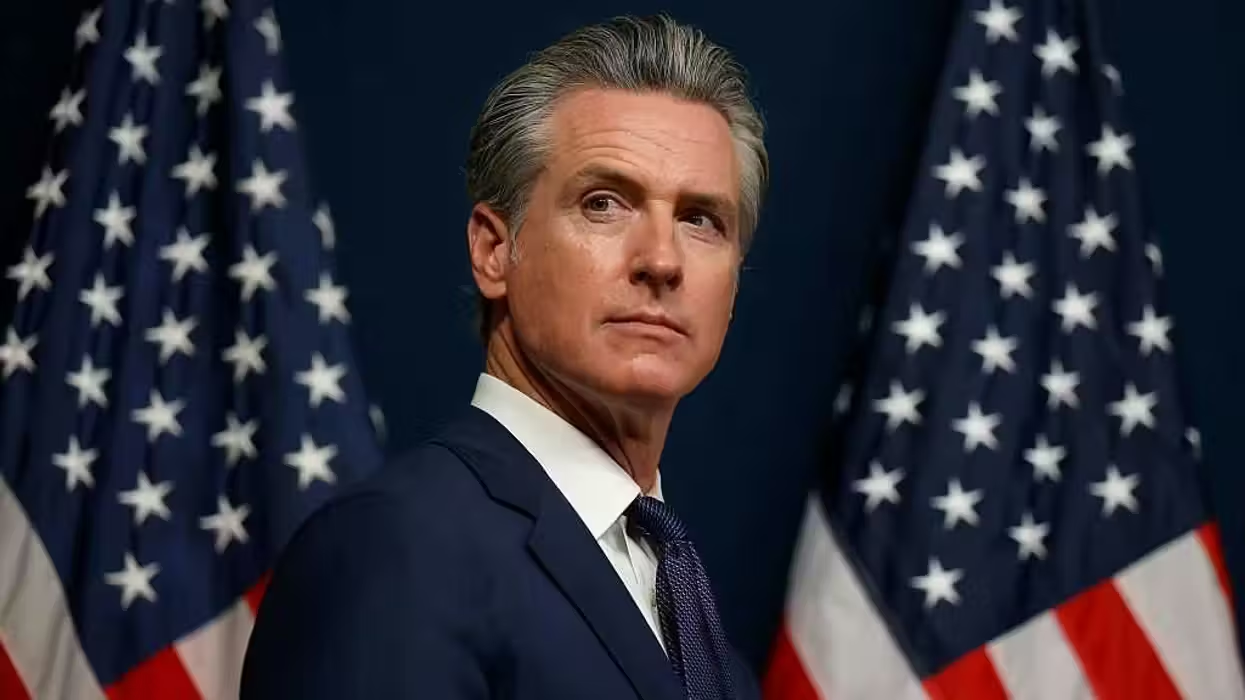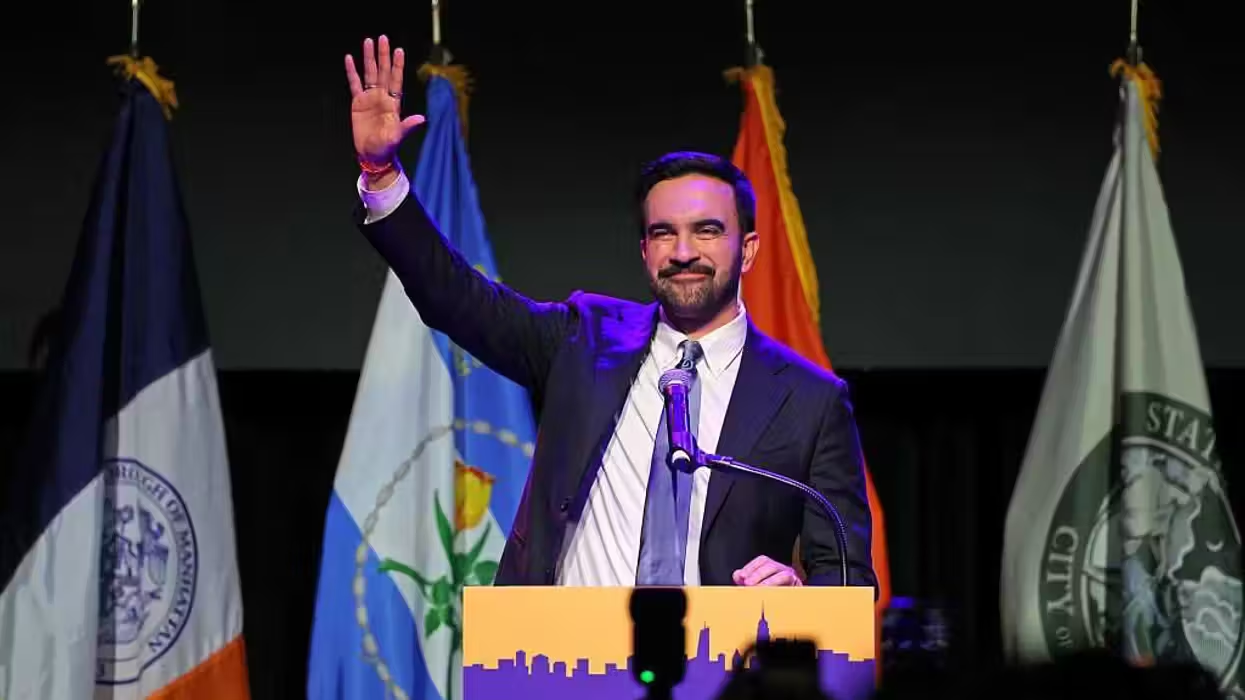
© 2025 Blaze Media LLC. All rights reserved.
Adopt more “growth-friendly policies."
 U.S. Treasury Secretary Jacob Lew. (Getty Images.)
U.S. Treasury Secretary Jacob Lew. (Getty Images.)
European countries should ease off their austerity and adopt more “growth-friendly policies,” U.S. Treasury Secretary Jacob "Jack" Lew said Monday as he kicked off a series of meetings with the region's top leaders.
America's biggest trading partner (roughly $265 billion in exports and $380 billion in imports in 2012) and the world's largest economic bloc has entered the fourth year of a debt crisis, which has plunged many of the 27 EU nations into recession. The U.S. administration hopes Europe will relent in its focus on debt reduction, which some critics say has been hurting growth through spending cuts and tax increases.
"Our economy's strength remains sensitive to events beyond our shores and we have an immense stake in Europe's health and stability," Lew said in Brussels. "The United States has no bigger, no more important economic relationship that it does with Europe."
Lew, who became treasury secretary in February, started his first official trip to Europe with a meeting with EU Commission President Jose Manuel Barroso. He also met the EU's top economic and monetary official, Commissioner Olli Rehn, and EU Council President Herman Van Rompuy.
"I was particularly interested in our European partners' plans to strengthen sources of demand at a time of rising unemployment," he said, speaking alongside Van Rompuy.
Van Rompuy, who chairs the meetings of the EU's 27 heads of state and government, acknowledged "there is a vivid debate about fiscal policy and the pace of fiscal consolidation" but defended the bloc's economic policy as a necessity.
"The European economies face a high level of debt, deep structural medium-term challenges and short-term economic headwinds that we need to confront," he said. "There is no room for complacency."
The bloc's strategy of debt reduction has become increasingly controversial also within Europe, as many nations experience rising unemployment and falling economic output -- which in turn increases their debt load measured relative to annual gross domestic product.
Van Rompuy hinted, however, that the EU is willing to grant its member states some more leeway. It has, for example, given some countries more time to reach their deficit targets.
 EU Council President Herman Van Rompuy. (Getty Images).
EU Council President Herman Van Rompuy. (Getty Images).
Later Monday, Lew's focus will turn to the key officials in charge of the euro currency, shared by 17 of the EU's 27 nations. In Frankfurt, continental Europe's biggest financial hub, he is set to meet European Central Bank President Mario Draghi.
On Tuesday, he is due to meet German Finance Minister Wolfgang Schaeuble in Berlin, followed by talks with France's Pierre Moscovici in Paris. Germany and France combined make up almost half of the eurozone's annual economic output of about €10 trillion ($13 trillion).
The two-day trip through some of Europe's capitals was Lew's second tour abroad after visiting China last month.
Lew said he and the EU officials also discussed the planned free trade agreement between the U.S. and the EU, saying it "reflects our strong belief that our economic relationship can be even more productive as a source of trade, jobs and growth."
Lew also encouraged the EU leaders to push ahead with introducing a "common supervision for Europe's largest banks."
Van Rompuy voiced confidence that European officials will be able to reach an agreement on the significant outstanding details for the plan's legal framework by this summer.
"If anything, this crisis and recent events in Cyprus, have showed the absolute need to anchor once and for all a coherent scheme that would allow resolving failing financial institutions in an effective, predictable and consistent manner across the union," he said.
Cyprus, a tiny eastern Mediterranean island nation of about 1 million people, had to seek a 10 billion ($13 billion) bailout from its European partners and the International Monetary Fund last month after a banking crisis brought it to the brink of bankruptcy.
--
RELATED:
- Jack Lew Confirmed As Treasury Secretary, Geithner Out
- President Obama Nominates Jack Lew For Treasury
- WSJ sets the bar low for Jack Lew
Follow Becket Adams (@BecketAdams) on Twitter
The Associated Press contributed to this report. Featured image Getty Images.
Want to leave a tip?
We answer to you. Help keep our content free of advertisers and big tech censorship by leaving a tip today.
Want to join the conversation?
Already a subscriber?
more stories
Sign up for the Blaze newsletter
By signing up, you agree to our Privacy Policy and Terms of Use, and agree to receive content that may sometimes include advertisements. You may opt out at any time.
Related Content
© 2025 Blaze Media LLC. All rights reserved.
Get the stories that matter most delivered directly to your inbox.
By signing up, you agree to our Privacy Policy and Terms of Use, and agree to receive content that may sometimes include advertisements. You may opt out at any time.





